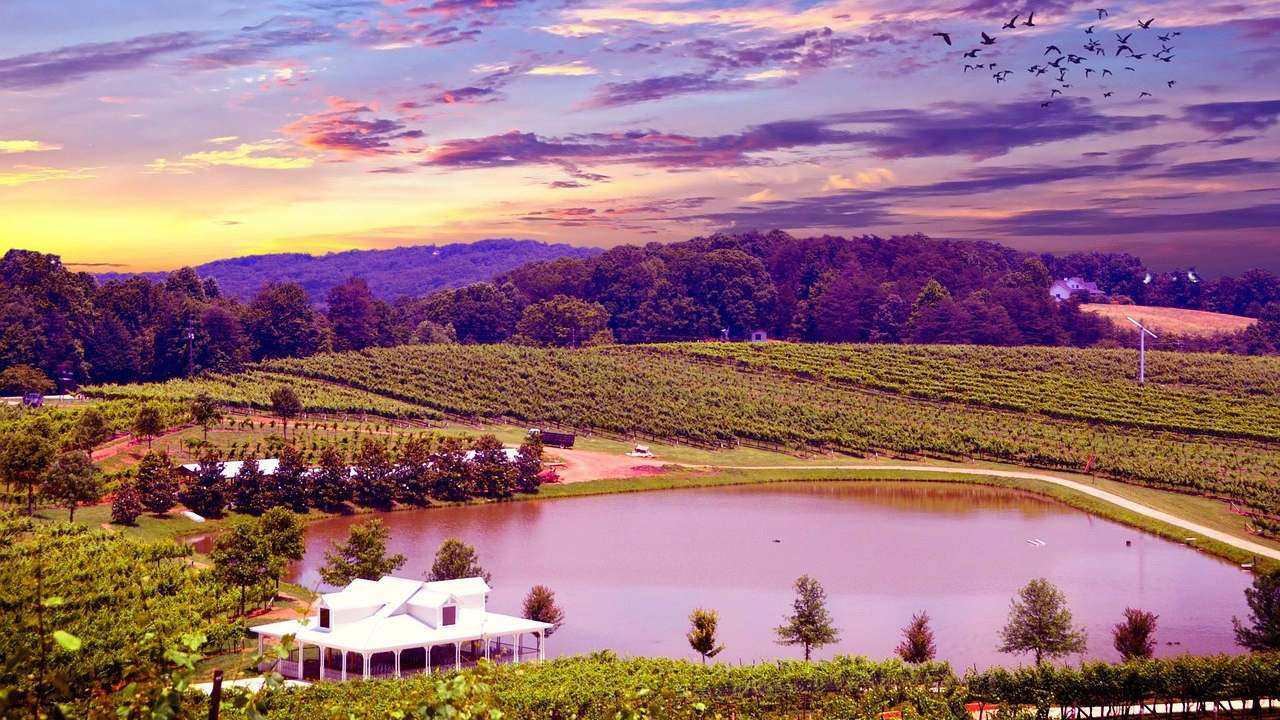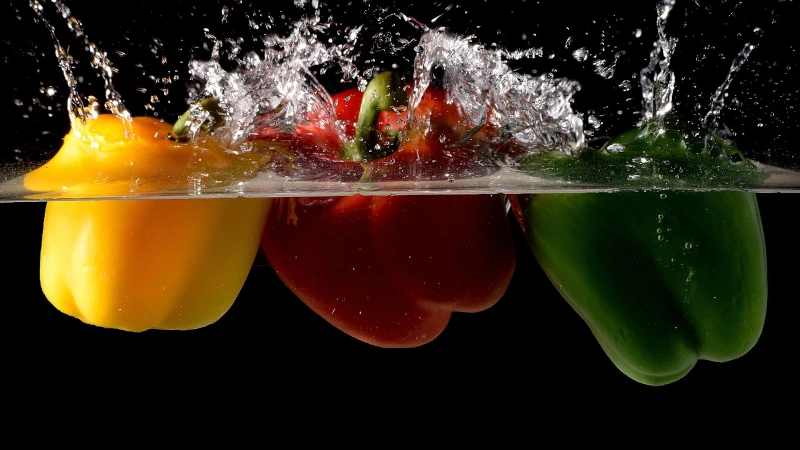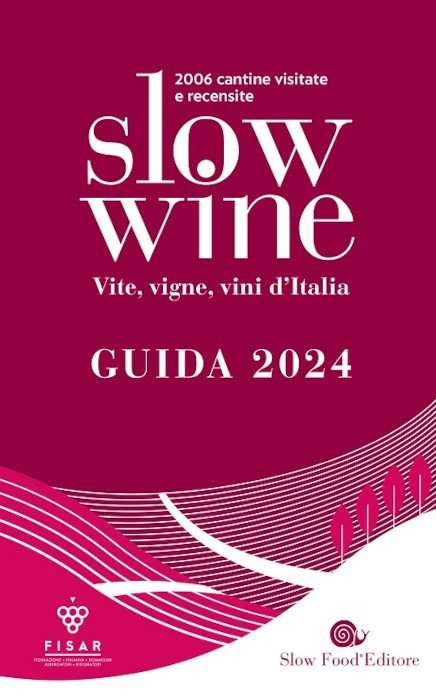
Slow Wine, the acclaimed Italian wine organization that originated in Italy as the beverage branch of the Slow Food movement, is proud to announce that 2024 has been a monumental year for its USA Guide, reviewing more than 450 wineries from California, Washington, Oregon, and New York.
Now in its seventh year, Slow Wine USA is organizing a launch party for wineries listed in the 2024 USA Guide hosted at Grgich Hills Estates on December 3rd, 2023. The event will celebrate the growth of the Slow Wine USA branch, led by US National Co-editors Deborah Parker Wong and Pam Strayer, alongside their team of dedicated field coordinators.
Although not all wineries are certified organic, the unprecedented growth in certified organic acreage in the United States, and the notable shift in farming practices away from synthetic herbicides, have contributed to a 36% increase in the number of wineries that are listed in the 2024 edition. Wineries are now including the Slow Wine Snail logo on their labels alongside those of organic, biodynamic, and regenerative certifiers.
In addition to the co-editors, a small but mighty team of 14 field coordinators contributed to the 2024 guide including Charles Kelley and Amber Turpin who have written for all seven editions, and newcomers Mary Beth Vierra for Sonoma/Lake County, Fred Swan for Napa Valley, Darlene Hayes for Mendocino, and Cindy Rynning for Paso Robles. Returning for California are Allison Levine for the Central Coast and Laurie Love for Santa Cruz. Judsen Aumand joined Nancy Croisier and Annie McKay in Washington and Dr. Neal Hulkhower and Ellen Landis contributed for Oregon. Our sole coordinator for New York is Linda Naughton.
Most importantly, the Slow Wine Guide USA only reviews wines that are grown without synthetic herbicides, including Roundup, which has been banned in other countries as a carcinogen. The mission of the non-profit organization is to promote “good and fair” wines, focusing on the importance of combating climate change, which has never been more of a threat to winegrowers and winery owners than now.
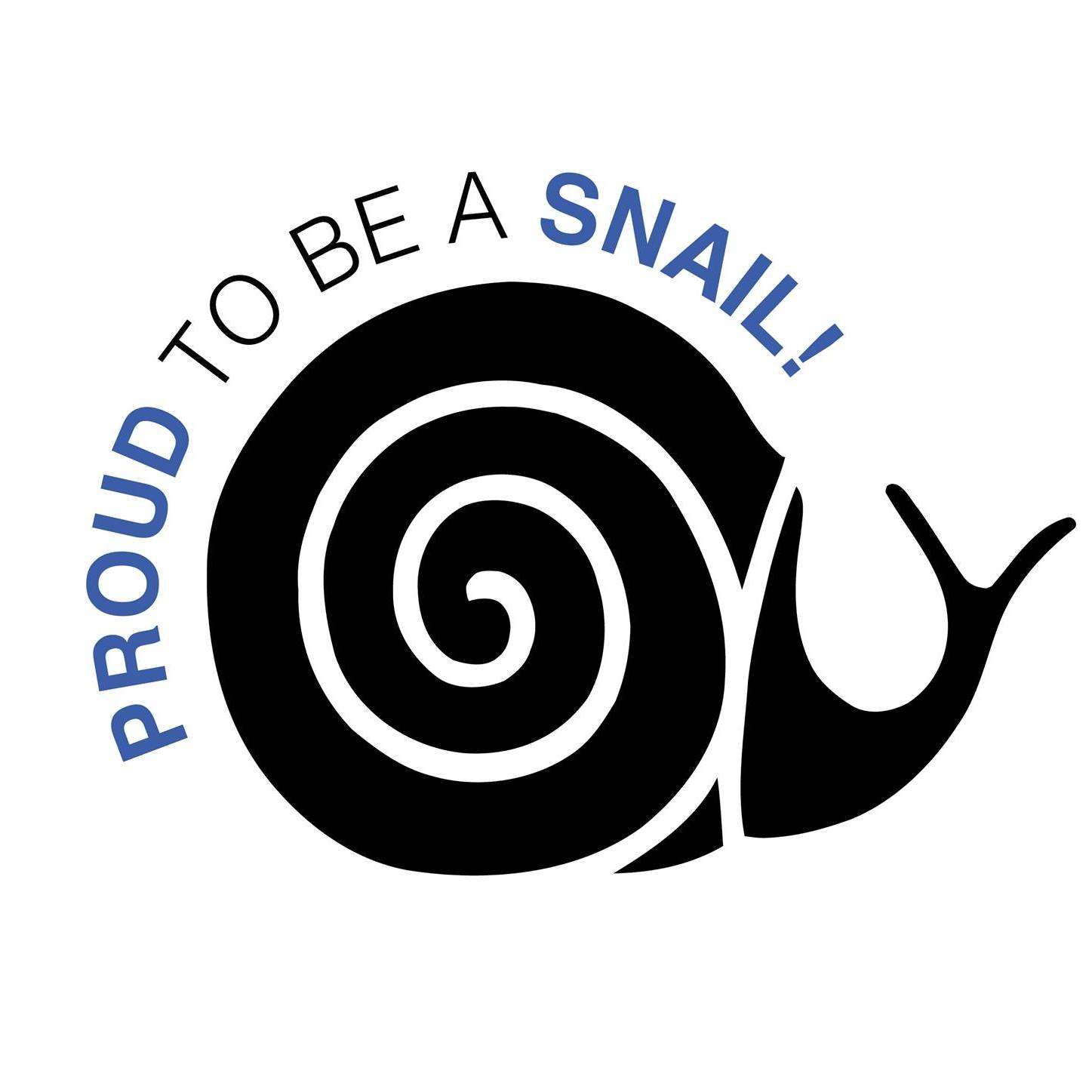
The Slow Wine team prides itself on the human contact it has with all producers, which is essential to the guide’s evaluations. These personal relationships are the key to creating well-informed, detailed reviews of the wines themselves and the people behind the production. This essential guide identifies eco-friendly wineries whose wines merit attention, from a sensory point of view. Beginning with an overall tasting of over 1,000 wines from wineries that meet the initial criteria, the editors then select wines to be featured in the guide based on three helpful categories – Coins for excellent value, Bottles for wines that represent benchmarks in quality, and Snails, the guide’s highest award, paying homage to the namesake of the organization, recognizing wineries whose values align with the Slow Food movement.
To further state the importance of sustainable agricultural practices, Slow Wine partner wineries have signed a Manifesto created by the Slow Wine Coalition, a united global network of wine industry members who are dedicated to supporting a wine revolution driven by environmental sustainability, protection of the land, and rural, social, and cultural growth.
The Slow Wine 2024 USA Tour will be back in the United States from March 18th to March 27th in key markets, such as San Francisco, New York, Denver, Austin, and Washington DC.
About Slow Wine
The Slow Wine Guide evaluates over 2,000 wineries from Italy and Slovenia, and 450 American wineries – and treats each with the utmost respect and attention. The Slow Wine team prides itself on the human contact it has with all producers, which is essential to the guide’s evaluations. While other guides limit their relationship to a blind tasting and scores, Slow Wine takes the time to get personal with each winery in order to create a well-informed, detailed review of the wines themselves and the people behind the production. Slow Wine selects wineries that respect and reflect their local terroir and practice sustainable methods that benefit the environment. In the 2024 edition, the Italian and Slovenian wineries that receive the snail or the official Slow Wine seal are 100% free of chemical herbicides, a quality that the Slow Wine Guide continues to passionately support.
About Grgich Hills Estate
Grgich Hills Estate was founded after Vintners Hall of Fame inductee Miljenko “Mike” Grgich first earned world-wide recognition when the 1973 Chateau Montelena Chardonnay that he crafted won the 1976 Paris Tasting, beating the best of France and drawing international attention to the Napa Valley. Mike then partnered with Austin Hills of the Hills Bros. Coffee family in the pursuit of creating the best wines in the world and chose Independence Day, July 4, 1977, to launch their family-owned-and-operated winery.
Today, Grgich Hills Estate is 100% estate-grown and Certified Regenerative Organic through the Regenerative Organic Alliance (ROA), a leading force in the Regenerative Agriculture movement worldwide. Referred to as “Organic Plus,” regenerative farming is a science-driven approach focused on no-till soil management, building organic matter to sustain microbial life, incorporating livestock and biodiversity and caring for people who work in the fields and winery. It is a key component of combating climate change and reducing greenhouse gas pollution.
About Colangelo & Partners
Colangelo & Partners is the leading fine wine and spirits integrated communications agency in the United States, sought after by top brands and industry players for the quality of their results, creativity, and return on investment. The professionals at Colangelo & Partners work with integrity and passion to influence how US audiences perceive their clients: Earning consistent, high-quality positive media coverage; organizing signature events; strategizing and executing standout digital campaigns, and implementing trade programs that strengthen relationships within the industry. Colangelo & Partners’ clientele includes global, instantly-recognizable brands and passionate, up-and-coming vignerons and distillers; regional and national institutions; and technology and e-commerce companies innovating in the beverage alcohol sector.
